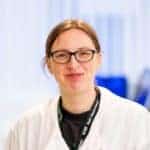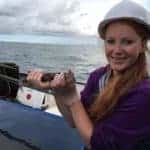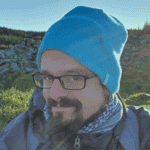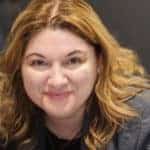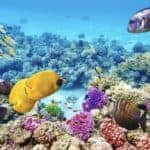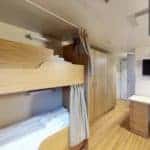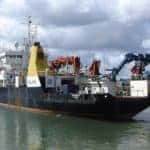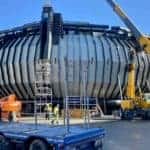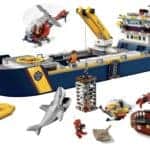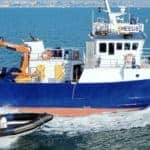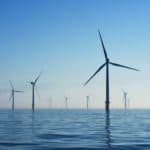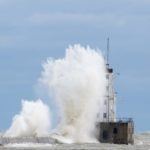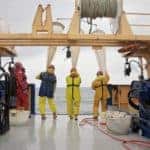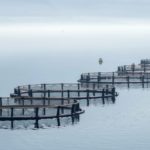Profile
Anton Edwards
-
About Me:
I am pretty old and live in the Scottish countryside. I like the lakes, woods, rivers and fields where I walk. I enjoy colour, science, history and mathematics.
I like gardening because every day is different in a garden. I can plant things and they will grow. I enjoy the colours of flowers and leaves. I recycle all my garden waste myself to feed new plants.
I enjoy using words to describe the things I like, so I help people who write about discovering plants in wild places and about gardening.
-
Read more
Even though I am old, I am lucky because people need my science. I studied physics but I use biology, chemistry and mathematics to advise people who want to know about the sea. Physics helps me every day when I do DIY jobs with electricity, soil, woodworking, and keeping my house in good condition.
I enjoy French, German, Russian and bits of other languages but never made the time to study them properly so am only really any good at English.
-
My Work:
I try to understand how the sea works. Tides move water around, waves make danger for ships. The sea water supports life and it is a good place to farm fish. The sea is important for ships, wind farms, fishing and oil rigs, and it controls climate.
-
Read more
I look at how fast the sea moves and how it mixes. I see how many fish farms can be put in the sea. I like to find out how the water moves in the deep sea.
-
My Typical Day:
I am retired now. When I worked I used to get up, eat breakfast, go to my office and laboratory to look at what I had discovered. I used to go out on ships for many days or weeks and sail around the coast. I measured how hot the sea is, how much freshwater is in it, and how deep it is. Sometimes I collected the plants that live in the sea and looked at how many there were. It was always good fun meeting friends who liked to do the same things. Sometimes we would meet in Scotland. Other times we would meet in Norway, Spain, America, the Middle East or lots of other interesting places.
-
Read more
When I worked on ships and boats the days were very long. We would sail from one place to another, measuring as we went. Sometimes we would put equipment into the sea, as deep as several kilometres. That is difficult and expensive. But ships are even more expensive so the equipment would measure for us and then we would go back months later to find it. So we might spend 16 hours in one day seeing to these things before we could go to sleep again.
Was I seasick? Yes I was for the first day but after that it got better and I was happy.
-
What I'd do with the prize money:
I would spend the prize on arranging a visit for students to a research ship or laboratory so that they could enjoy a day in the life of a marine scientist and learn what fun it can be.
-
Education:
I went to a traditional grammar school in Yorkshire. We had to choose science or arts . It is a silly choice to give a 12 year old but I chose science anyway. I was OK at maths, physics, biology and chemistry so ended up with two scholarships to go to Manchester university. It was really interesting there with lots of physics and girls and I was lucky to meet my future wife. I have been with her ever since.
-
Qualifications:
I had about a dozen O levels, six A and S levels and ended up with a university degree. I was too busy to finish my postgraduate degree but it didn’t matter as much then as it does now, when so many more folk are going to university than then. I have ended up as a Fellow of the Institute of Physics, even though most of what I do is about the sea. Physics is everywhere.
If you are young when you read this, please do not be impressed by these things. What matters most in your life is what you do next, not what you did in the past.
-
Work History:
After I graduated I lost interest in nuclear physics and went to learn about oceanography in the University of Wales. I measured how the big lake at Bala works. Then I got a job as a physical oceanographer in Oban in the west of Scotland. There I met lots of people who were interested in fish, sea plants and ecology and I learned how to help them with the waves, tides and currents.
I found that almost anyone can enjoy life learning about the sea. A good friend did not even have an A level but become an expert on the Atlantic. I looked at how lochs work, how fish farms affect the sea, how water flows from the Arctic ocean to the Atlantic, how to find submarines, how an oil refinery affected the sea in Oman, how the Atlantic is changing, what happens in Norwegian fjords, how storms affect inlets. We always needed engineers, electronic experts, computer programmers, navigators, and practical folk who could make things work and be safe in difficult conditions. It was really interesting working with them all.
When I left Oban I started work at the age of 51 in charge of the group of scientists who measured pollution around Scotland’s coast. The sea is sometimes protected by laws, so it was a great job that allowed me to use what I had learned about the sea to help protect it from harmful alteration and dangers.
At 61 I worked part time as a marine scientist and advised anyone who needed my experience. I appeared in public enquiries, explaining the sea to lawyers and helping engineers with their plans for the coast.
You learn a lot about people and government in these jobs so my last job was to spend more than ten years in the university of the Highlands and Islands.
-
Current Job:
I am retired now. I use my computer to look at what other people have measured in the sea and I help them understand what it means. I look at ideas folk have put forward for work in the sea and I see if they make sense, or are worthwhile. Sometimes their ideas are very expensive, so it is important to think hard and to be very fair. I still earn money for this work, and I meet interesting people, so I am really grateful for my original physics education.
-
Employer:
I work for a Scottish Innovation Centre, which tries to help people in universities to do things that are useful to fish farmers. There is almost no end to that job. We need folk who are interested in fish, fish diseases, parasites, genetics, feeding fish, water movements and all the fancy engineering that is needed to grow the huge amounts of fish that eventually come to our plates.
-
My Interview
-
How would you describe yourself in 3 words?
all-sorts physicist
What did you want to be after you left school?
A nuclear scientist
Were you ever in trouble at school?
No, I was a goody-goody
If you weren't doing this job, what would you choose instead?
I would be a doctor
Who is your favourite singer or band?
I don't have one. I just enjoy rhythm and harmony. Singers and bands come and go but the music lasts forever.
What's your favourite food?
Salmon
If you had 3 wishes for yourself what would they be? - be honest!
To stay healthy until I die; to keep working till I die; to be with young people.
Tell us a joke.
A criminal goes to see a lawyer. "I need your help before I go to court". "I can help you but I charge ten thousand pounds for two questions". "Good Gracious! That's a lot isn't it?" "Yes, what's your second question?"
-

